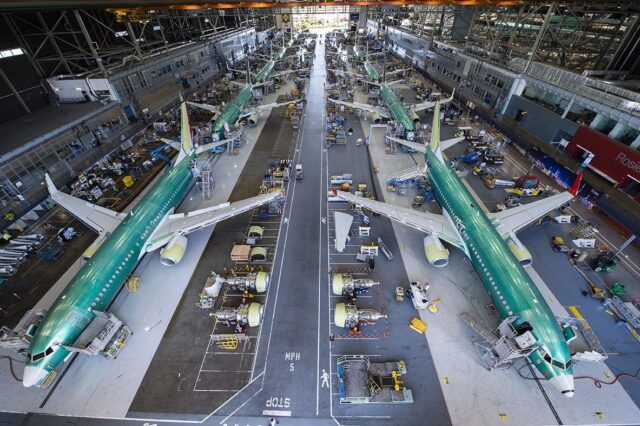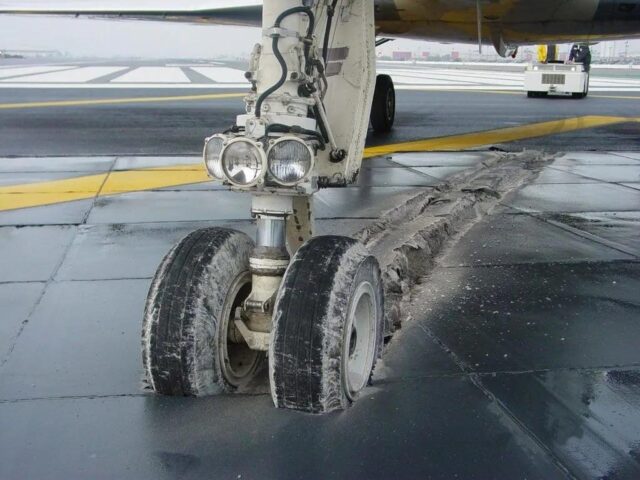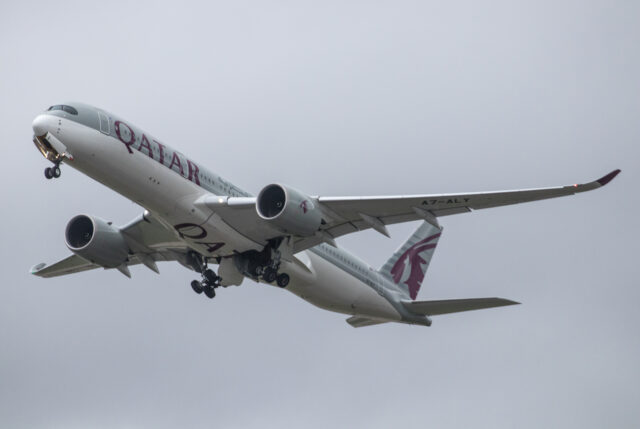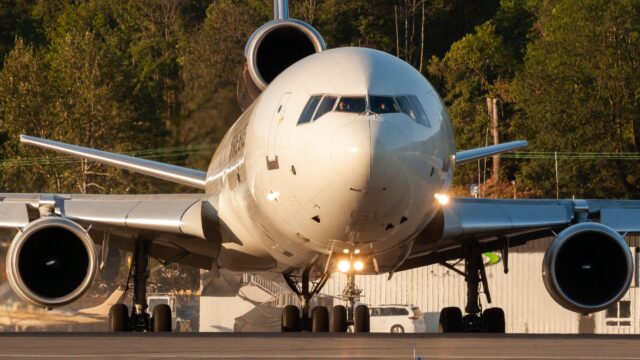IATA urges Nigeria to take blocked funds seriously
The international Air Transport Association (IATA) reckons the issue of blocked funds in Nigeria is reaching breaking point.
During a media briefing at IATA’s head office in…

By Keith Mwanalushi
The international Air Transport Association (IATA) reckons the issue of blocked funds in Nigeria is reaching breaking point.
During a media briefing at IATA’s head office in Geneva this month, Kamil Al Awadhi, IATA’s regional vice president for Africa and the Middle East, urged authorities in the African country to prioritise aviation and find sustainable solutions to clear the blocked funds.
Around $1.68bn of airlines funds are blocked across Africa out of $2.36bn globally and Nigeria tops the list in Africa with $792m as of October. Egypt follows with $348m, Algeria $199m and Ethiopia has $128m in blocked funds.
“We would like to see Nigeria take the issue very seriously because it is affecting a lot of African airlines that have blocked funds. They do not have the cash to expand or to pay some of their bills due to the large amount of money blocked in Nigeria,” Al Awadhi stresses.
The depreciation of the local currency against the dollar has made the situation worse and Al Awadhi used an unnamed African airline that operates into the country as a critical example: “This airline currently has $34m blocked in Nigeria, and it is struggling for cash and because of the depreciation, it has already lost $10m. That is not fair for an airline that has already paid all its due, carried its paid passengers including Nigerian government officials on these flights; but they cannot repatriate their money,” he says.
According to IATA, the propensity to fly or travel by air in Africa is the among the lowest in the world but the cost of operations is the highest at 40%. Using Nigeria an example, the country is home to two of the most expensive airports; Lagos and Abuja and Al Awadhi reminds that fuel alone is 10 -15% higher than anywhere else in the world. The insurance is six times more expensive for some types of equipment and interest on loans is 25%, to 30% – “this is the highest interest I’ve ever seen in Nigeria,” he remarks.
He adds: “If you are flying that same model across Africa at various levels then you can see why it is really hard for airlines in Africa to make money, it’s because they start off at a disadvantage.”
Potential breaking point for Nigeria
He also mentions that shortfalls in quality services for airlines and passengers at airports in Lagos and Abuja is compounded by enormous charges. “These are all charged in hard currency, and they are willing to reap the benefits of the taxes and charges in Nigeria for the aviation industry, but they’re not willing to give the airlines their due.”
He expresses concerns about a potential breaking point for Nigeria and a situation where airlines drop operations, consequently leading to the loss of hard currency revenue and ultimately spiralling into a vicious cycle.
In September, IATA welcomed renewed commitments by the Federal Airports Authority of Nigeria (FAAN) to improve service conditions at the Lagos’ Murtala Muhammad International Airport within a twelve-month period.
The situation in Ethiopia fairs slightly better with ongoing efforts to try and help airlines to recover those funds, according to Al Awadhi. “Ethiopia had a different approach and was engaging with individual countries to settle the blocked funds between each other, so that is quite positive; even though it is still climbing up but at least they took the initial approach so, at least Ethiopia is proactively seeking a way to resolve this issue,” he says.
Aviation is capital intensive, and IATA continues to accentuate that cash flow is key for airlines’ business sustainability, and when airlines are not able to repatriate their funds, it severely impacts their operations and impacts their decisions on where to fly.
In September IATA announced that Al Awadhi met with Nigeria’s new minister of aviation and aerospace development, the Honourable Minister Festus Keyamo, during which he called on the new government for continued, but closer, consultation with the industry while developing short- and long-term solutions for foreign exchange access to both domestic and foreign carriers.
By December in Geneva, Al Awadhi states: “We would like to see the Nigerian government take some positive steps forwards to reassess, where they’re spending their dollars and prioritise aviation first and specifically paying the bills in Nigeria.”
Local reports in Nigeria suggests the government has made some payments towards the blocked funds recently but the details remain unsure, and information is not easily accessible. “The first step in solving these block funds is engaging with the parties, but if they don’t engage, it is very difficult to move forward,” Al Awadhi states.Subscribe to the FINN weekly newsletter
















